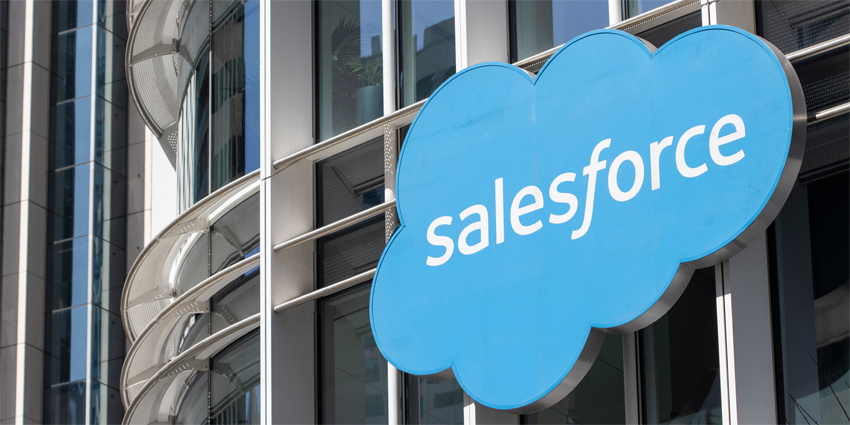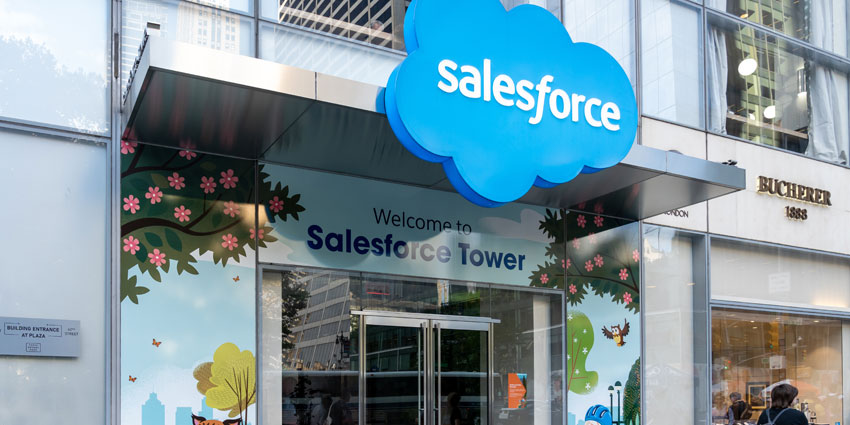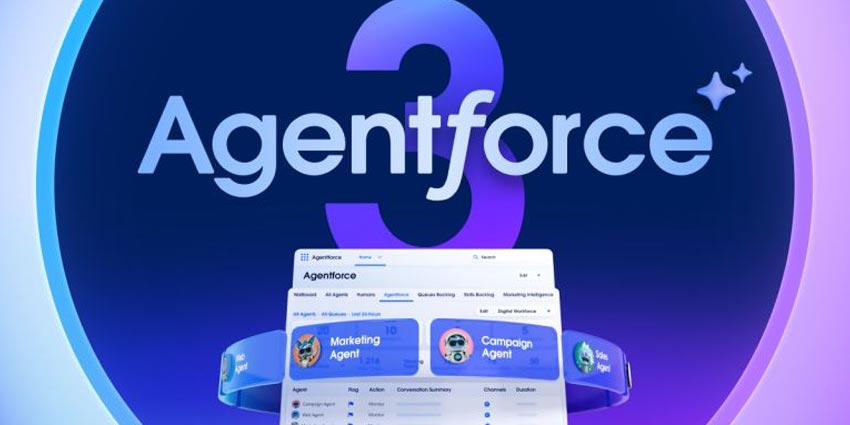As per Cisco’s newest survey, integration is among the top priorities for contact centres, particularly with customer relationship management (CRM) systems. 2 in 3 companies have already started to integrate their contact centre systems with CRM, as well as other business applications like ERP, ticketing services, etc. There are several reasons to do this – it enables continuous dataflow across systems, enabling advanced analytics. Agents also have to spend less time on data entry.
Specifically, there are 6 benefits you can unlock by integrating your CRM with your contact centre software:
-
It enables omni-channel contact management
A CRM integration lets your contact centre software receive information from multiple points on the customer journey, starting from website visits to email exchanges. This allows agents to provide contextualised CX using omni-channel data and connectivity, reducing customer efforts.
-
It optimises agent productivity
Agent workloads are segmented into call prep, call duration, and post-call activities. A common post-call activity that agents must undertake in the absence of a CRM integration is data entry. But a connector between your contact centre software and CRM would enable data to automatically flow across systems, eliminating the need for manual efforts and reducing post-call activities so that agents can spend more time actually interacting with customers.
-
It creates upselling and cross-selling opportunities
This is particularly relevant for blended contact centres where agents must engage in both inbound and outbound interactions. Data collected across conversations can be analysed using CRM to identify latent demand, future requirements, and upselling/cross-selling opportunities. Agents can leverage this data to make their outbound conversations more effective and conversion-friendly.
-
It powers intelligent predictive dialling
Predictive dialling is a contact centre functionality that auto-dials an outbound number based on agent calling patterns and historical customer behaviour. A CRM integration would enable predictive diallers to assess prospects based on lead scores and connect agents with an outbound number that has the highest possible chance of a conversion.
-
It Increases first call resolution rates
The top priority of any inbound caller is to get their queries answered quickly and efficiently. Customers do not want to wait in a long queue only to be transferred to someone else or be requested to wait for a callback. A CRM integration would equip agents with the necessary customer context and purchase information to solve a query during the very first interaction, thanks to real-time information access.
-
It makes way for automated communication
Connectors enable a two-way street, which means that contact centre data feeds into your CRM, helping sales and marketing professionals as well. Call records can be stored in your CRM database, used for timely follow-ups based on customer interactions. You can automate customer engagement processes – for example, automatically sending an email to check if the customer has received the product a week after they called to enquire about its status.
In short, effort optimisation, cost reduction, and new business opportunities are the key benefits you can expect from integrating your CRM with your contact centre software.







